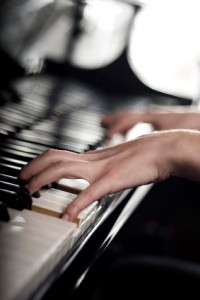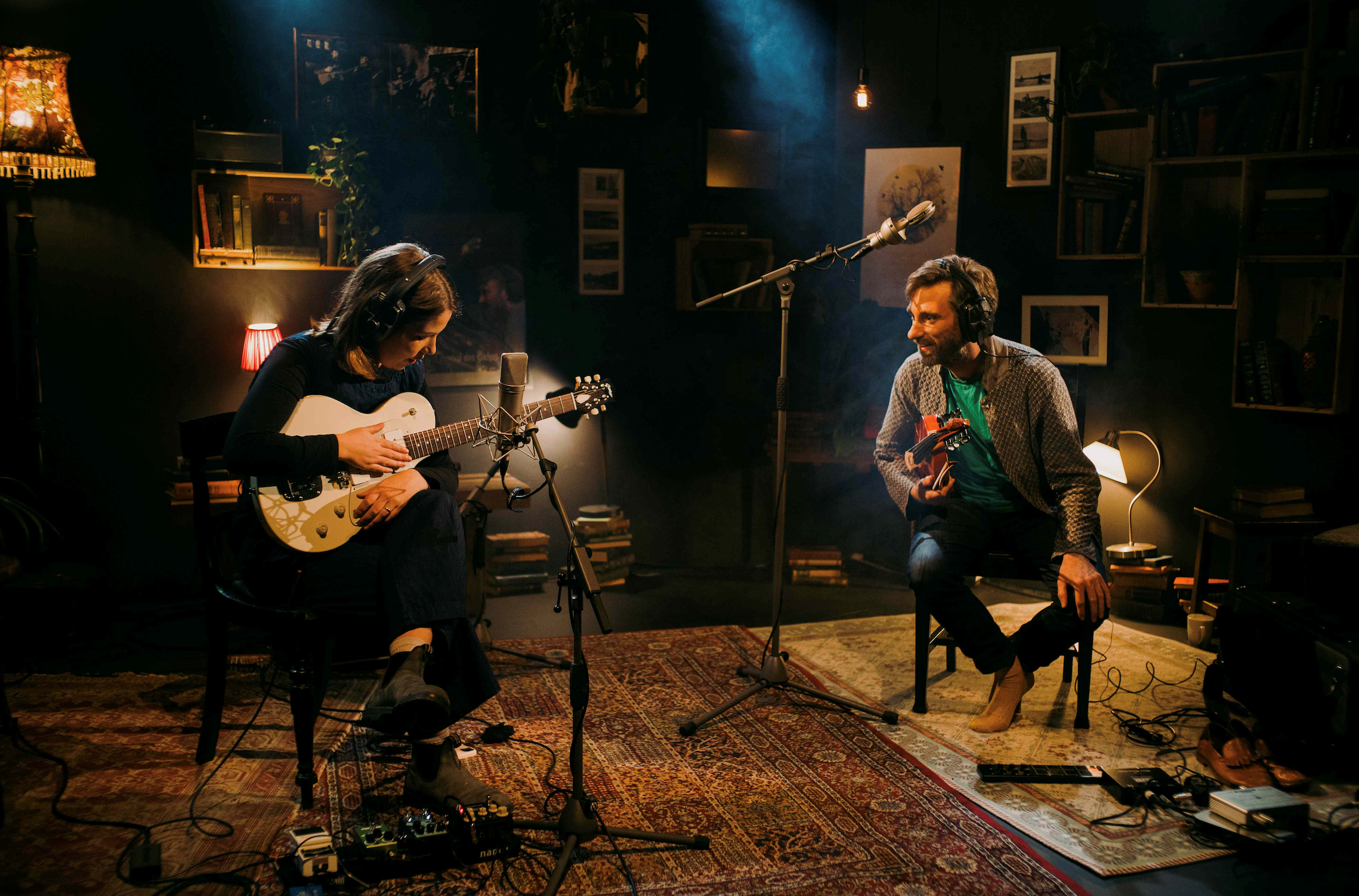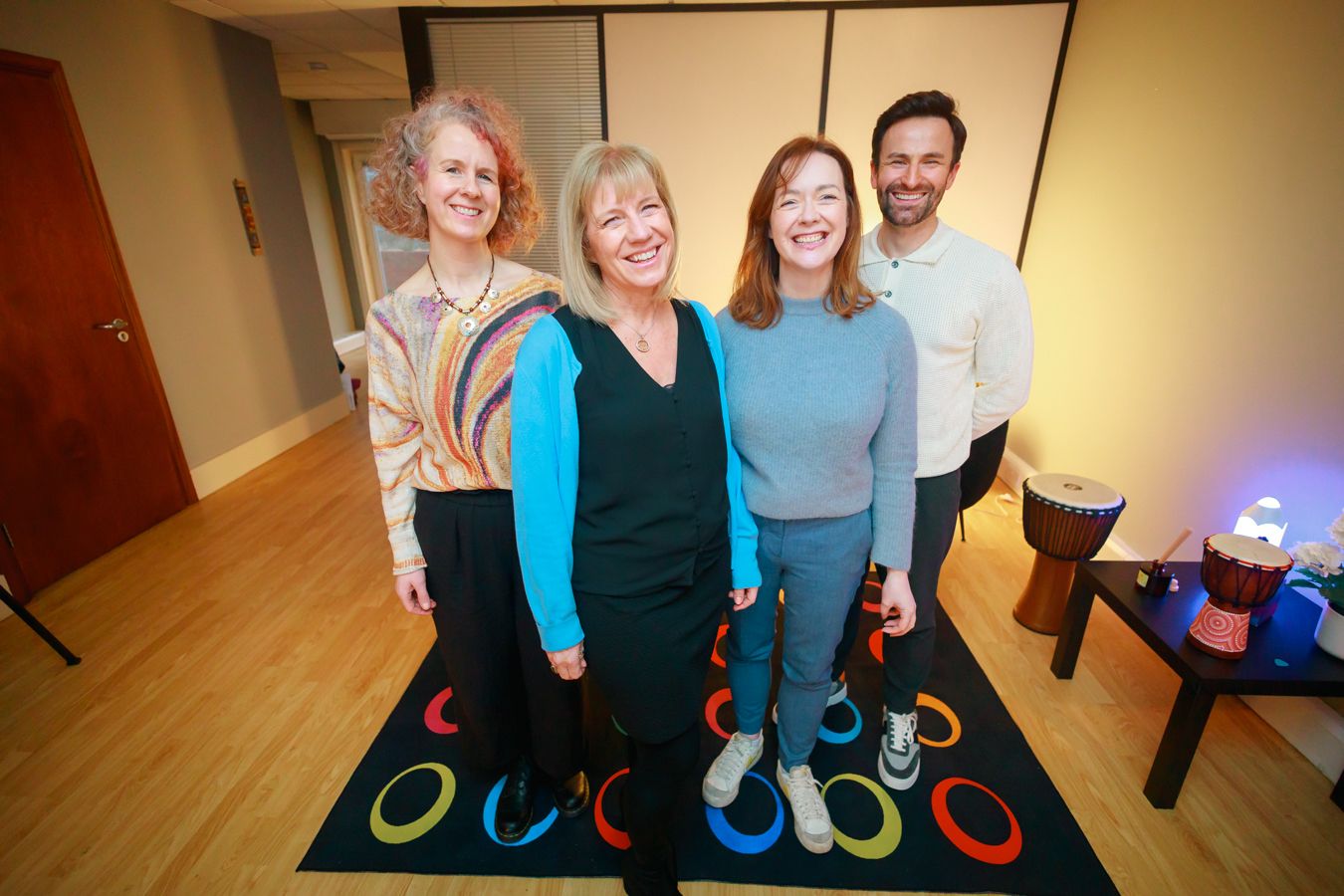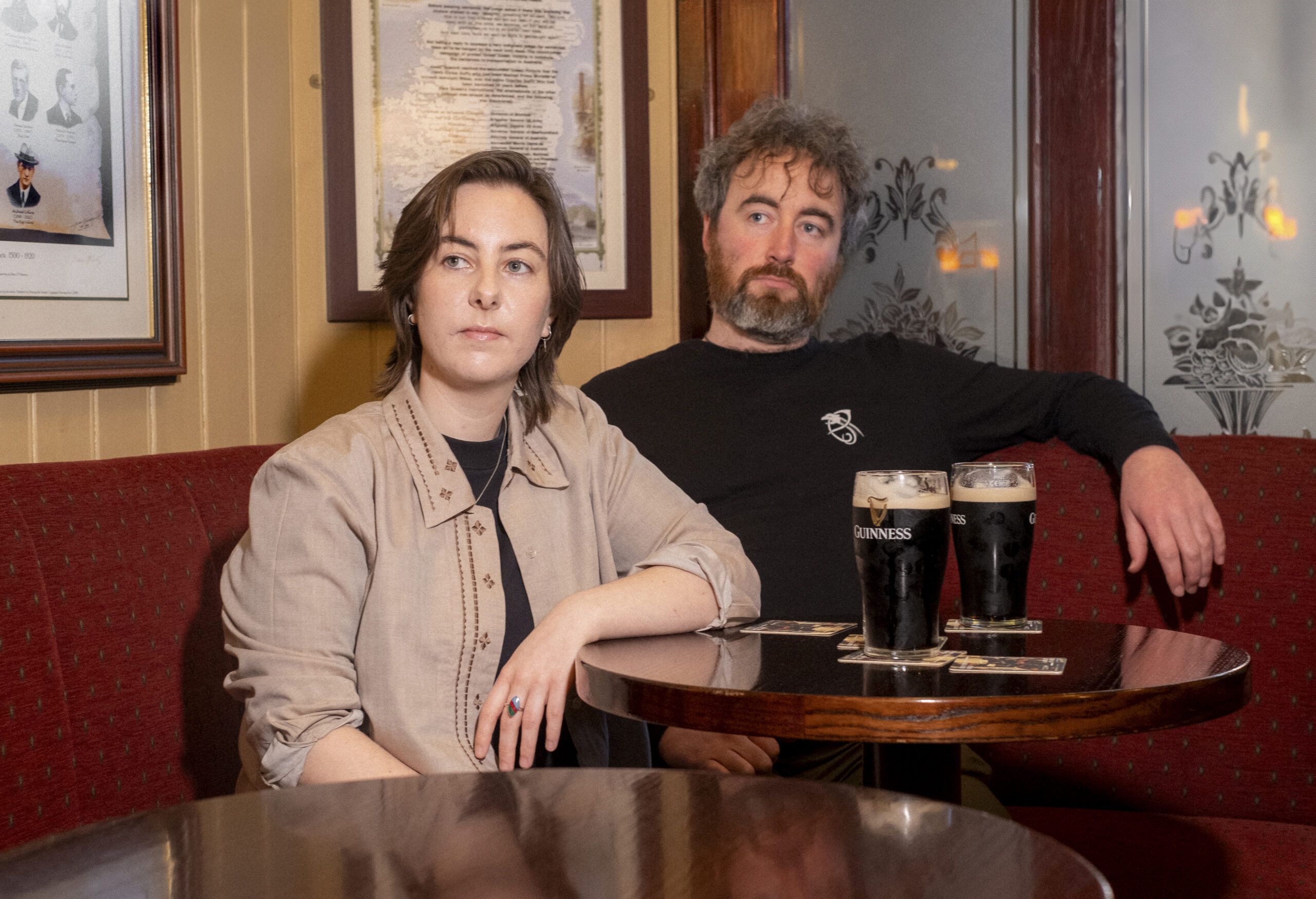Top Ten Tips for the Piano Playing Songwriter by James Linderman
 It seems like every elemental discipline in songwriting competes to claim the top seat of developmental importance. One songwriting expert will claim that it is most important that our songs have a patterned rhyme scheme or a strong lyric premise while the next will insist that melody is king and without a strong tune our song is dead to rights. Some are like “used theory salesmen” and others promise to transform us into “chord factories” during their $99.00 weekend workshop. The truth is that they are all correct because songs are complex organisms and to excel, they need to be great all around. Our songs will only be as strong as our most poorly hidden weakness.
It seems like every elemental discipline in songwriting competes to claim the top seat of developmental importance. One songwriting expert will claim that it is most important that our songs have a patterned rhyme scheme or a strong lyric premise while the next will insist that melody is king and without a strong tune our song is dead to rights. Some are like “used theory salesmen” and others promise to transform us into “chord factories” during their $99.00 weekend workshop. The truth is that they are all correct because songs are complex organisms and to excel, they need to be great all around. Our songs will only be as strong as our most poorly hidden weakness.
So, what I will promise in this article is that these ten suggestions on how to improve as a piano player should also help you improve as a songwriter by addressing some very common hidden weaknesses as it also offers some interesting ways to find new weapons to write songs with. Bert Bacharach once said, “The hands always move to the familiar” and so by expanding our skills on our instrument, it stands to reason we will expand what is “familiar”.
So here are my top ten tips for the piano playing songwriter…
1. Don’t Let the Left Hand Know What the Right Hand is Playing – A book like Louis Bellson’s, Modern Reading Text in 4/4 Time can help us not have our hands follow one another around the piano in unison. A great drill is to take a single bar of rhythm from anywhere in the book and apply the left hand (perhaps playing an octave) to whatever is in the first half of the bar and then play the right hand (perhaps playing a triad) to whatever is in the back half of the bar. Repeat the pattern to suit. This will help develop rhythmic independence in the two hands and should create some new skills and even seed some fresh ideas for songs.
2. Getting to First Bass – A song like The Beatles “Lady Madonna” has a great left hand bass line that has not been paralleled by too many piano playing songwriters in popular music since. The question is, are we going to let a bass guitar player out write us on the piano in the left hand riff realm….well, he is a bass player so bass riffs ARE his specialty and he is a pretty good piano player as well so maybe he wins… for now. To create an interesting bass riff we can turn to the Bellson book again. Take a random bar of rhythm and play notes from a scale to it, rearranging the order of the notes till you have a riff you like. Now test drive each chord in the key that the riff is in, to the riff and collect the chords you liked best. Arrange the order of the chords to your liking and you will have a potential verse or chorus to a new song and a new way of writing more songs.
3. Sing and Play…for Fun? – Remember when you used to sit for hours and just bang away on some chords on the piano and improvise some singing over them…just “la, la, la’s” and it seemed so incredible just to be playing music. Whether we last felt that way 5 days ago or 30 years ago, that is the feeling we need to get back to. The intent of just creating music because we are built to do it and with no other purpose than the pure love of it.
4. The Evil Metronome – Ok! So the metronome is not our “besty” and it can be argued that most piano players have pretty good “time” comparatively speaking. It could, however, also be argued that our sense of time can never be over developed and that a good song can become great if it sits nicely in the pocket. The metronome is the tool that can get us there the fastest and most reliably. Try putting a metronome on 60 and instead of focusing on playing merely close to the ticking, try shifting concentration on hitting the ticks dead on. Set it up so that the piano is slightly loader than the metronome and the metronome ticks should disappear when we have hit them square. I work on all of my songs like this and can actually hear them straighten out and become more musical and more likeable.
5. Something Borrowed for Something Blues – Our artistic innovations become more valuable when they are born out of some tradition. For instance, if we put in our time learning every blues song we can get our hands on, we will probably better see how to take the blues to the next level or to a new fusion with some other style ( the blues polka, I believe, is still available if you dare). Learning how to play all of say….Billy Joel’s songs on the piano is more available now than ever before and if we throw in some Stevie Wonder with some Keith Jarrett we would have a very nice traditional toolbox to write some very interesting new songs from.
6. Play Nice with Others – Write with singers and other musician of the non piano variety. By writing with singers in every major genre and players of any earthly instrument we get the broadest possible range of creative landscapes to write within. Some of this music might even challenge our definition of what our music sounds like…which is a great thing as it destroys self limitation and develops a creative openness that not surprisingly, great art springs from.
7. Keys are Key– Learning the raw materials (scales and primary chords) in every key will encourage us to write in some of the keys less travelled and in doing so, inspire some new melodies and lyrics as well as some fresh technical ornaments in our accompaniment that just don’t happen in the keys of C, G or F. Treat the materials in a key like they are a palette of paints with some shades we have never used before and see what hits the canvas.
8. Lifetime Extended Warrenty – We can extend the warranty on our creative brilliance to last a lifetime by using more extended harmonic options. Most piano players blend extensions like Sus 2, Sus 4, major and minor 6ths, and 7ths into their writing to help create greater harmonic colour and movement. It is generally considered that motion in songwriting creates emotion and helping our listener feel something in our songs is one of our primary objectives. Adding harmonic extensions however should be based on intentional calculation and thoughtful consideration rather than from muscle memory or a limitation of options. We should plan what we play and play what we plan.
9. Mirror, Mirror on the Wall, Who is the Most Awesomest Songwriter of All – Rehearsing our songs after we have finished writing them sounds, to some writers like the most obvious next step and to other writers, a completely redundant waste of time. For the rehearsers, the work of making the song a performance really only starts when the ink on the page is dry but for those writers that always seem to have a new song idea waiting in the wings, rehearsing something finished seems like a waste of good writing time. Many writers find that rehearsing the finished work allows the songs to survive their first 3 or 4 performances in front of an audience and those performances provide a great opportunity to determine if our new work is engaging our listeners. Rehearsing the song in front of a mirror has also helped train me to look up at the audience while performing and therefore helps me see my performance from the audiences perspective.
10. Is This Jam Homemade? – My good friend and fellow (very talented) musician, Chris Bartos, recently reminded me of the importance of getting out and playing with other musicians. It might be to perform live or record…it might be to write with someone or just to jam. Regardless of the circumstances or intention, our goal should be to just play wherever and whenever we can. It reminds me that I play my best when there is a childlike lack of ulterior motive and I can hear the joy of making music in that kind of playing every time. No focus on moving my career forward or money…although both are important, they are not musical considerations. It is interesting to see that success and money often follow enthusiasm around but nothing cripples pure enthusiasm faster and more completely than the singular concern for fame and fortune.
I hope these tips prove to be helpful and please feel free to contact me at jlinderman@nullberkleemusic.com if you have any questions or need more information. Also contact me if you come up with a great piece of music that was helped along by one of these tips. I listen to every piece of music and I read and respond to every e-mail readers send me.
James Linderman teaches guitar and piano and coaches songwriting in studio in Newmarket, Ontario, Canada and over Skype to students all over the world. He is a Berkleemusic
Ambassador and a music journalist and presenter. Contact James at jlinderman@nullberkleemusic.com.
Latest News
Music Creators
- Affinity Schemes
- Join IMRO
- Benefits of IMRO Membership
- IMRO Mobile App
- Members’ Handbook
- About Copyright
- Royalty Distribution Schedule
- IMRO Distribution Policies
- Competitions & Opportunities
- Travel Grant Form
- Irish Radio & Useful Contacts
- Other Music Bodies in Ireland
- Affinity Schemes
- Music Creator FAQs
- International Partners
- International Touring Guide
Music Users
- Do I Need a Licence?
- Sign Up for a Music Licence
- Pay Your Licence Online
- IMRO and PPI Tariffs
- Dual Music Licence Explained
- Music Licences for Businesses
- Music Licences for Live Events
- Music Licences for Broadcast & Online
- Music licences for Recorded Media
- Music Services B2B
- Music User FAQs
- What’s Your Soundtrack Campaign
- Terms & Conditions for IMRO Events Voucher Competition
- Cookie Policy
- Privacy Statement
- Disclaimer
- www.imro.ie
- Terms & Conditions
- © IMRO 2024
- Registered Number: 133321
Please select login
For Songwriters & Publishers
For Business Owners





